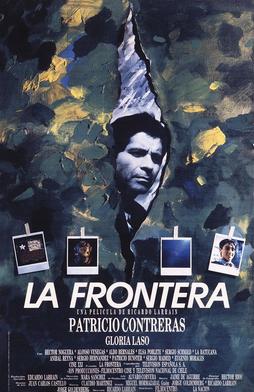
The Frontier is a 1991 Chilean drama film, directed by Ricardo Larraín and starring Patricio Contreras and Gloria Laso. Larraín won the Silver Bear for an outstanding single achievement at the 42nd Berlin International Film Festival. The film was submitted as Chile's entry for the Best Foreign Language Film category at the 64th Academy Awards, but was not nominated.
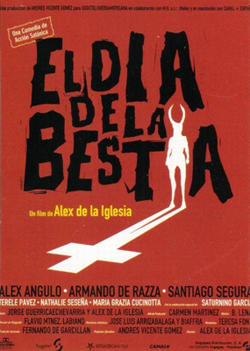
The Day of the Beast is a 1995 Spanish-Italian black comedy film with horror elements co-written and directed by Álex de la Iglesia and starring Álex Angulo, Armando De Razza and Santiago Segura.
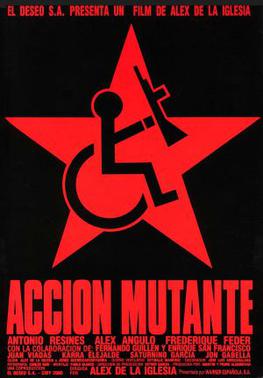
Acción mutante is a 1993 science fiction black comedy film co-written and directed by Álex de la Iglesia.

O Quatrilho is a 1995 Brazilian drama film directed by Fábio Barreto. It was adapted from a José Clemente Pozenato novel by telenovela writer Antônio Calmon and screenwriter Leopoldo Serran. It stars famous telenovela actresses Patrícia Pillar and Glória Pires and Bruno Campos, who later found fame for his role as Quentin Costa on Nip/Tuck. The original soundtrack was composed by classical musician Jaques Morelenbaum and the theme song by pop singer-songwriter Caetano Veloso. It was the first Brazilian film nominated for the Academy Award for Best Foreign Language Film in more than 30 years, after 1962's O Pagador de Promessas.
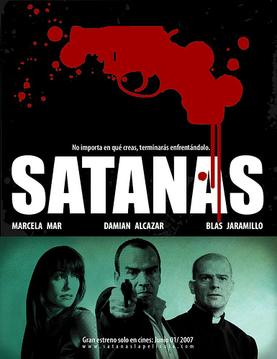
Satanás is a 2007 Colombian film directed by Andi Baiz. It is adapted from the novel of the same title by Mario Mendoza Zambrano which is based on the spree killing committed by Campo Elías Delgado that took place in Bogotá in 1986. It was Colombia's submission to the 80th Academy Awards for the Academy Award for Best Foreign Language Film, but was not accepted as a nominee.
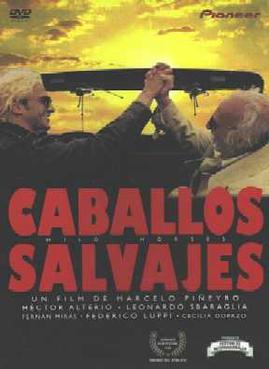
Wild Horses is a 1995 Argentine road movie directed by Marcelo Piñeyro and written by Piñeyro and Aída Bortnik. It stars Héctor Alterio, Leonardo Sbaraglia, Cecilia Dopazo and Federico Luppi in a cameo appearance. The film chronicles the five days of two fugitives on the run after robbing a corporation and being targeted by the media. The film was the most popular Argentinian film of the year. It was selected as the Argentine entry for the Best Foreign Language Film at the 68th Academy Awards, but was not accepted as a nominee.
Crying Ladies is a 2003 Filipino comedy-drama film directed by Mark Meily based on his Palanca-winning screenplay Bayad Luha. The film stars Sharon Cuneta as Stella, Hilda Koronel as Aling Doray, and Angel Aquino as Choleng, who are hired as professional funeral mourners by a wealthy Chinese-Filipino family in Manila's Chinatown, while they deal with their own personal problems. It also stars Eric Quizon, Ricky Davao, Julio Pacheco, Shamaine Buencamino, Sherry Lara and Raymond Bagatsing in supporting roles.

A Cab for Three is a 2001 Chilean film directed by Orlando Lubbert. It was Chile's submission to the 74th Academy Awards for the Academy Award for Best Foreign Language Film, but was not accepted as a nominee.
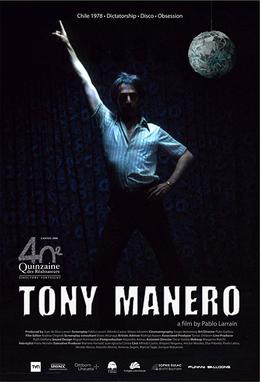
Tony Manero is a 2008 Chilean film directed by Pablo Larraín about a 52-year-old man in Santiago in 1978 who is obsessed with John Travolta's character in Saturday Night Fever. It won the top prize at the 2008 Torino Film Festival and was Chile's submission to the 81st Academy Awards for the Academy Award for Best Foreign Language Film. In 2009 it won the Golden Tulip at the Istanbul International Film Festival.

Chilean cinema refers to all films produced in Chile or made by Chileans. It had its origins at the start of the 20th century with the first Chilean film screening in 1902 and the first Chilean feature film appearing in 1910. The oldest surviving feature is El Húsar de la Muerte (1925), and the last silent film was Patrullas de Avanzada (1931). The Chilean film industry struggled in the late 1940s and in the 1950s, despite some box-office successes such as El Diamante de Maharajá. The 1960s saw the development of the "New Chilean Cinema", with films like Three Sad Tigers (1968), Jackal of Nahueltoro (1969) and Valparaíso mi amor (1969). After the 1973 military coup, film production was low, with many filmmakers working in exile. It increased after the end of the Pinochet regime in 1989, with occasional critical and/or popular successes such as Johnny cien pesos (1993), Historias de Fútbol (1997) and Gringuito (1998).

The Life of Fish is a 2010 Chilean drama film directed by Matías Bize. The film was selected as the Chilean entry for the Best Foreign Language Film at the 83rd Academy Awards, but didn't make the final shortlist.
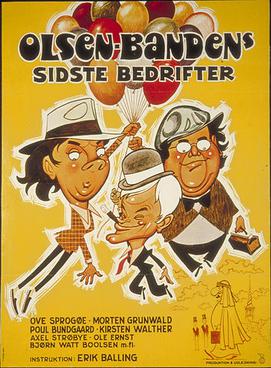
The Last Exploits of the Olsen Gang is a 1974 Danish comedy film directed by Erik Balling and starring Ove Sprogøe, Morten Grunwald, Poul Bundgaard and Kirsten Walther. This was the sixth film in the Olsen Gang-series, and at the time of production it was meant to be the last. It was selected as the Danish entry for the Best Foreign Language Film at the 47th Academy Awards, but was not accepted as a nominee.
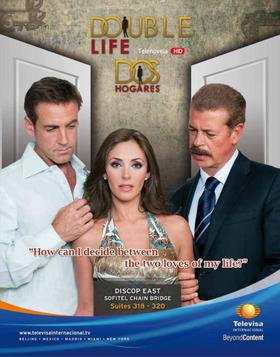
Dos hogares is a Spanish-language Mexican drama thriller telenovela produced by Emilio Larrosa for Televisa in 2011.
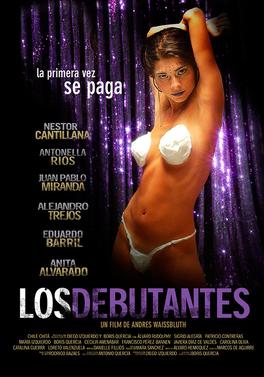
Los debutantes is a 2003 Chilean film directed by Andres Waissbluth and starring Antonella Rios and Alejandro Trejo.
The Paper Man is a 1963 Mexican drama film directed by Ismael Rodríguez. The film was selected as the Mexican entry for the Best Foreign Language Film at the 36th Academy Awards, but was not accepted as a nominee.
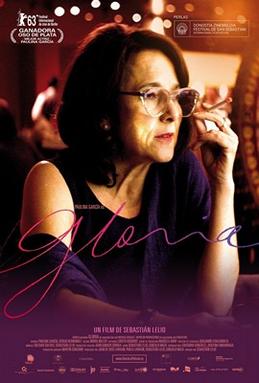
Gloria is a 2013 Chilean-Spanish drama film directed by Sebastián Lelio. The film premiered in competition at the 63rd Berlin International Film Festival, where Paulina García won the Silver Bear for Best Actress. It was shown at the 2013 Toronto International Film Festival. The film was selected as the Chilean entry for the Best Foreign Language Film at the 86th Academy Awards, but it was not nominated. It won Best Ibero-American Film at the 1st Platino Awards. Sebastián Lelio remade Gloria in 2018 as Gloria Bell, starring Julianne Moore and John Turturro.

Metro Manila is a 2013 British independently-produced crime drama film directed by Sean Ellis, set in the Philippines and with dialogue mainly in Tagalog. Ellis also co-produced and co-wrote the film. The film was selected as the British entry for the Best Foreign Language Film at the 86th Academy Awards, but was not nominated.
Armando Araiza is a Mexican actor.

Jericho is a 1991 Venezuelan historical drama film directed by Luis Alberto Lamata. The film was selected as the Venezuelan entry for the Best Foreign Language Film at the 64th Academy Awards, but was not accepted as a nominee.















